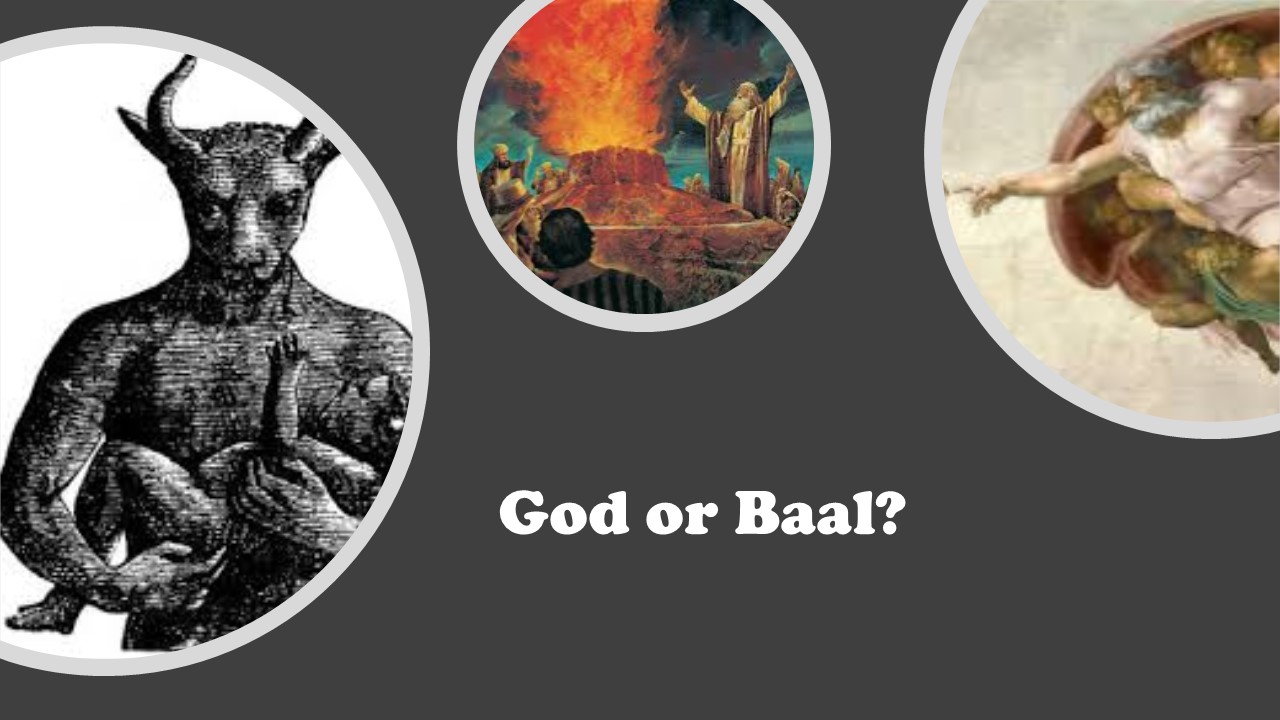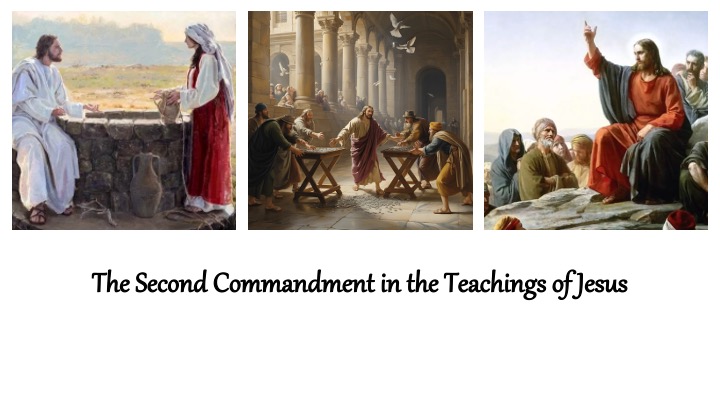The resurrection of Jesus Christ is a foundational belief in Christianity, and some have interpreted it as a metaphorical or spiritual event. However, Dr. N.T. Wright, an emeritus professor of New Testament at the University of St. Andrews, asserts that the New Testament writers always grounded their metaphorical interpretations in the belief that the resurrection was an actual event. This is further emphasized by the Apostle Paul in 1 Corinthians 15:14 and 15:17, where he states that without the resurrection, faith in Christ is useless and futile.
There are several reasons to believe in the resurrection, including the empty tomb, post-resurrection appearances, the transformation of the disciples, early Christian testimony, martyrdom of the apostles, the consistency of the Gospel accounts, the growth of Christianity, the impact on human history, the fulfillment of Old Testament prophecies, and extra-biblical sources. Skeptics have proposed alternative explanations for these reasons, such as the swoon theory, the stolen body theory, the wrong tomb theory, the hallucination theory, and the spiritual resurrection theory, but these explanations face significant challenges and are not universally accepted.
In conclusion, the resurrection of Jesus Christ has had a profound impact on human history and remains a central belief in Christianity. The evidence supporting the resurrection, as well as the reasons to believe in its historicity, can serve as a foundation for faith and commitment to the teachings of Jesus.
Scriptures referenced include 1 Corinthians 15:14, 17; John 19:34; 1 Corinthians 15:3-8; Isaiah 53; and Psalm 16.

The early chapters of Genesis provide not only an account of creation and the fall but also a window into the development of human...

God or Baal? It is the question that Elijah poses to the people of Israel in a dramatic showdown on Mt. Carmel during which...

Jesus entered a world dominated by mental and theological idols—rigid categories that reduced the living God to a manageable entity accessed through specific locations,...